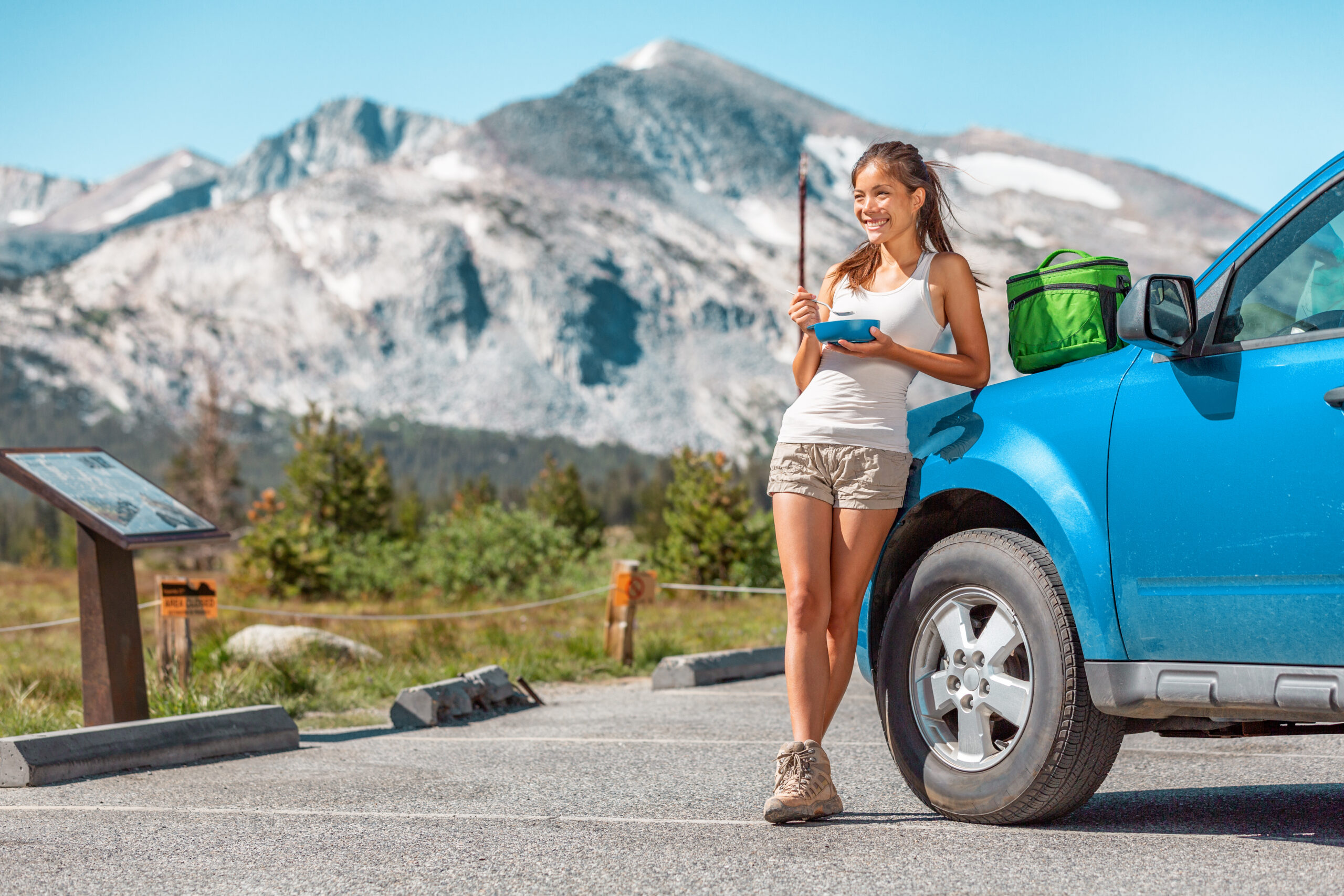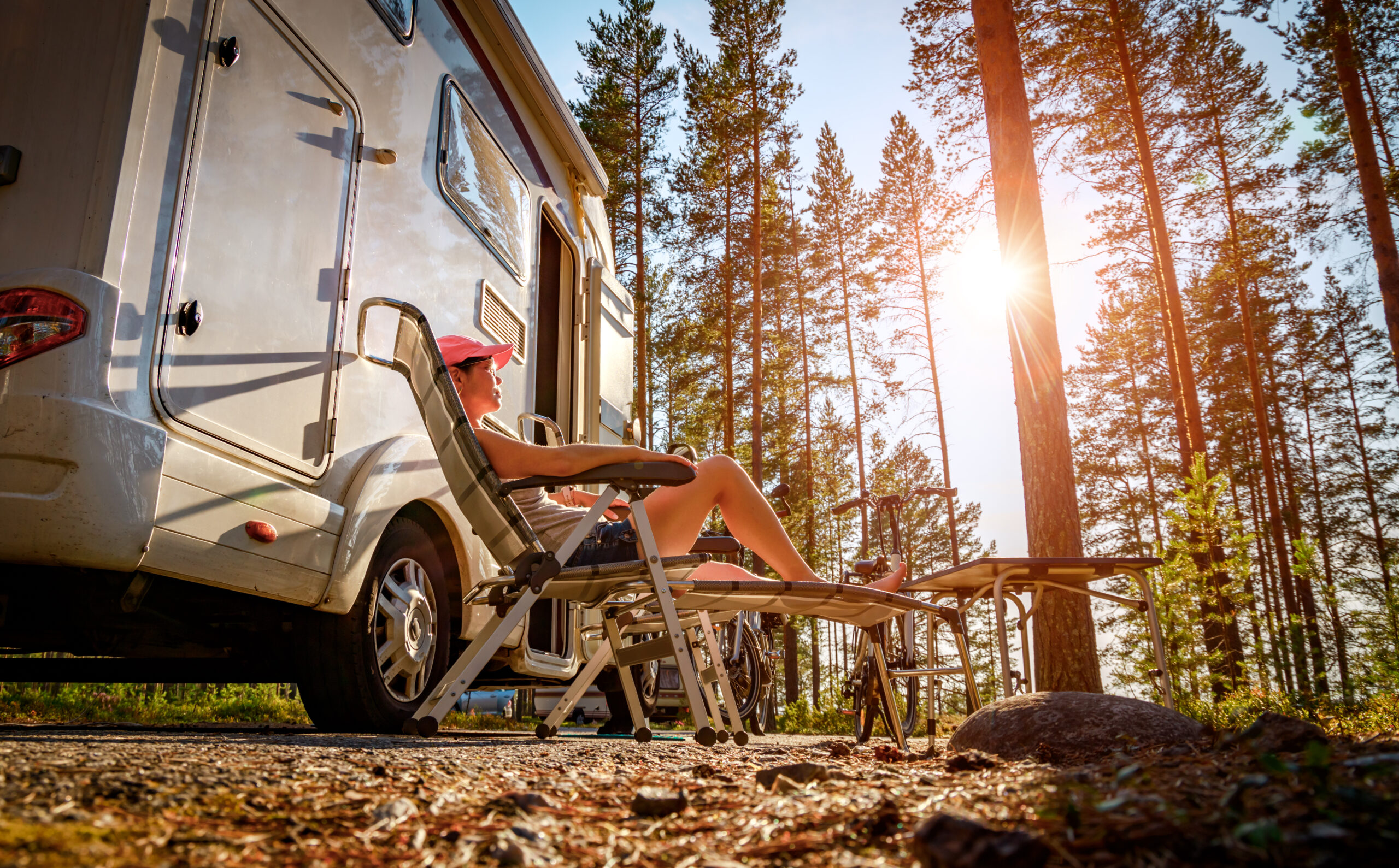July 21, 2024
WHY MOTOR CAMPING IS MORE SUSTAINABLE THAN YOU MIGHT THINK

ature has so much to offer, especially here in New Zealand. Every turn guarantees a jaw-dropping landscape, every sunset invites a romantic evening under the stars, and every road trip feels like freedom itself. Here at Kohi Campers, we pride ourselves on travelling sustainably, and we are going to share our tips on how you can make sure your impact on the land is as little as possible.
So, what can we all do to make sure this pristine beauty is here to stay?
ECO CAMPING
The basic idea of sustainable camping is to minimize your impact on the environment while still being able to travel and enjoy the outdoors. There are so many little things you can do that will make one huge difference. From wearing recyclable or second-hand clothes to leaving nothing but footprints in the campsites and so much more. So, let’s dive into more detail.
LEAVE NO TRACE
This is not just a phrase. It’s a global movement and a community ready to learn and educate. There are seven main principles to be followed:
- Plan ahead and prepare – research any potential hazards, weather updates, the best time to visit, proper clothing and food supplies that you will require so there is no waste.
- Travel and camp on durable surfaces – use only established trails and campsites, if possible camp at least 200 feet away from water sources.
- Dispose of waste properly – don’t leave any litter or hygiene products behind.
- Leave what you find – examine but do not interfere with historic structures, rocks, plants or other natural objects.
- Minimize campfire impacts – make fire only in designated places, keep them small, burn all wood to ash and put out the fire completely once finished.
- Respect wildlife – do not feed the animals, store your food securely and avoid sensitive times like mating season or when raising young.
- Be considerate of others – avoid loud noises and respect other people’s experience.
Check this website if you would like to learn more, they have excellent courses and resources.
WASTE MANAGEMENT
Unlike with tent camping, you do not have to use outside areas for your bathroom or kitchen as you are self-contained when camping in a car. It’s definitely more comfortable for people and does not harm the ecosystem. It’s a win-win.
DESIGNATED CAMPSITES
Designated campsites have already been impacted and reduce the potential for new harm when, for example, finding a new campsite for your tent each night creates new impact everywhere you go. Access to designated waste disposal amenities, as well as designated spots for campfire, do not create excessive new damage as well.
STORAGE SPACE
A home on wheels has definitely more storage space than a rucksack. This means you can have more space for sustainable products, reusable containers, extra gear, and fresh produce from the local markets.
USE OF RENEWABLE ENERGY
Many campers, including Kohi campers, can be outfitted with solar panels, batteries, and LED lights. This dramatically reduces your carbon footprint automatically. On top of this, imagine how much power you have to use when living in a house for heating, electricity, etc. The compact living of life on the road reduces your dependency on excessive power use.
NO SINGLE-USE PRODUCTS
With all that storage space in your slide-on camper, you are free to bring the same products you’re using at home. There’s no need to buy everything again except in ‘travel size’ bottles. And, once on the road, you can always resupply at the local shops and markets, where you will often find more eco-friendly products than back home.
As a rule of thumb, when camping, leave nothing but footprints and take nothing but memories. Whether you’re far away in your tent or hitting the road with your ute, most of the same rules apply. Rather yet, these are not rules, it is a lifestyle. Share this post with your friends and spread the word on how to be responsible in the wild.
